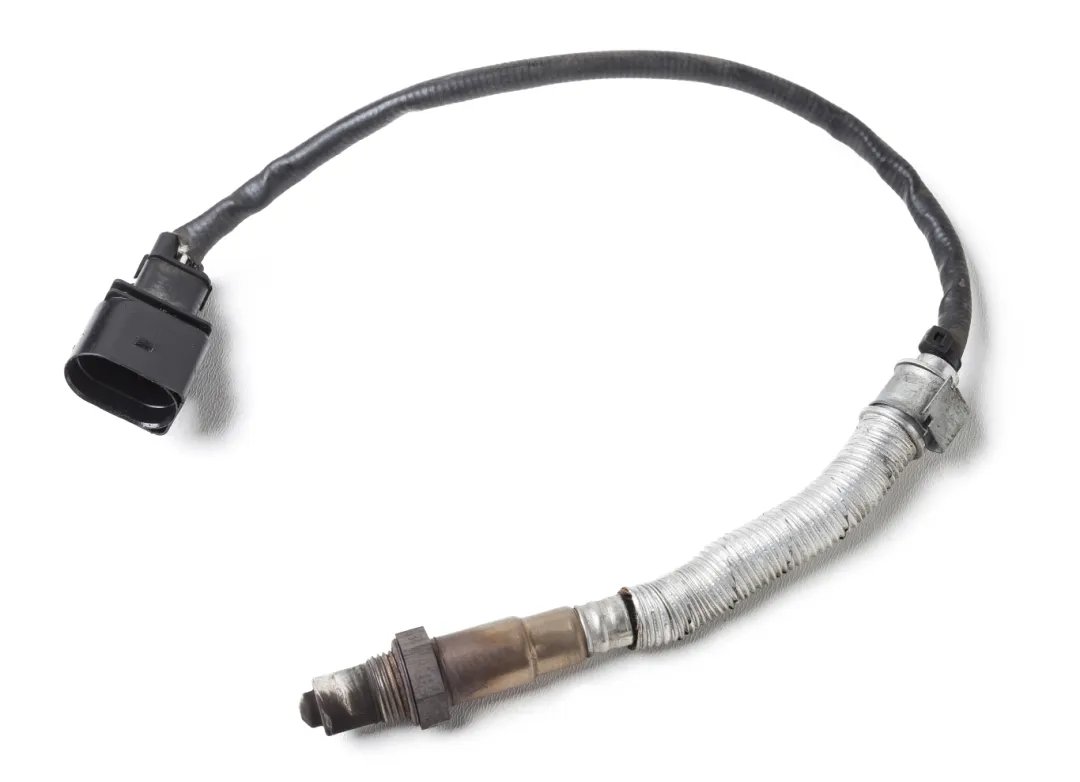How to Determine if the Front Oxygen Sensor is Faulty

The front oxygen sensor is used toadjust the concentration of the mixture, monitor the oxygen content in the exhaust, and provide feedback to the vehicle’s ECU (Electronic Control Unit) to adjust the fuel injection amount, achieving optimal combustion efficiency and exhaust emission control.

Decrease in Vehicle Power: Damage to the front oxygen sensor will reduce engine performance, resulting in insufficient vehicle power;
Increased Fuel Consumption: Decreased engine performance will further lead to increased fuel consumption;
Unstable Engine Idle: Damage to the front oxygen sensor can cause the vehicle’s engine to shake at idle, and may even cause stalling;
Excessive Exhaust Emissions: Black smoke from the exhaust pipe, vehicle emissions not meeting standards, unable to pass the emission test;
Check Engine Light On: Damage to the oxygen sensor will trigger the check engine light to alert the driver to check and repair in a timely manner.
-
Front oxygen sensor aging
-
Front oxygen sensor poisoning (silicon/phosphorus/lead poisoning)
-
Engine control unit failure
-
Component damage (ceramic part fracture)
-
Heater resistance wire burnt out
-
Front oxygen sensor circuit open or short circuit
The voltage of a normally functioning front oxygen sensor will fluctuate between 0.1~1V, changing more than 8 times every 10 seconds. If the voltage remains between 0.4~0.5V without fluctuating, it indicates a fault in the oxygen sensor.
Use a multimeter to measure the resistance of the oxygen sensor; the resistance should meet the standard value for the vehicle model, generally between 4~40Ω (different models may have different resistance values). If the resistance does not meet the requirements, it indicates a fault in the oxygen sensor, which needs to be replaced promptly.
Check if the ventilation holes on the oxygen sensor housing are blocked, and if the ceramic core is damaged. The color of the tip of the front oxygen sensor can also help diagnose faults; generally, the normal color of the sensor tip is light gray.
-
If the tip of the front oxygen sensor appears black, it indicates carbon contamination, which can be cleaned off.
-
If the tip of the front oxygen sensor appears white, it indicates that the vehicle engine has used non-compliant silicone sealant, leading to silicone contamination, which must be replaced promptly.
-
If the tip of the front oxygen sensor appears reddish-brown, it indicates that the vehicle has used leaded gasoline, causing lead contamination, which must be replaced promptly.
Perform exhaust testing while the vehicle is idling, comparing results with the normal range. If the results differ significantly, and the connection lines are confirmed to be intact, it can be determined that the oxygen sensor is faulty.
Damage to the front oxygen sensor can cause many problems for the vehicle
and may result in failing the emissions test during annual inspections.
Once you notice any of the symptoms mentioned in this article
be sure to check the oxygen sensor promptly!
Disclaimer: Some content in this article comes from the internet. If there are any inaccuracies, please feel free to criticize and correct. If there is any infringement, we sincerely apologize; please contact or notify us, and we will address it immediately!
Follow us for more industry insights!
